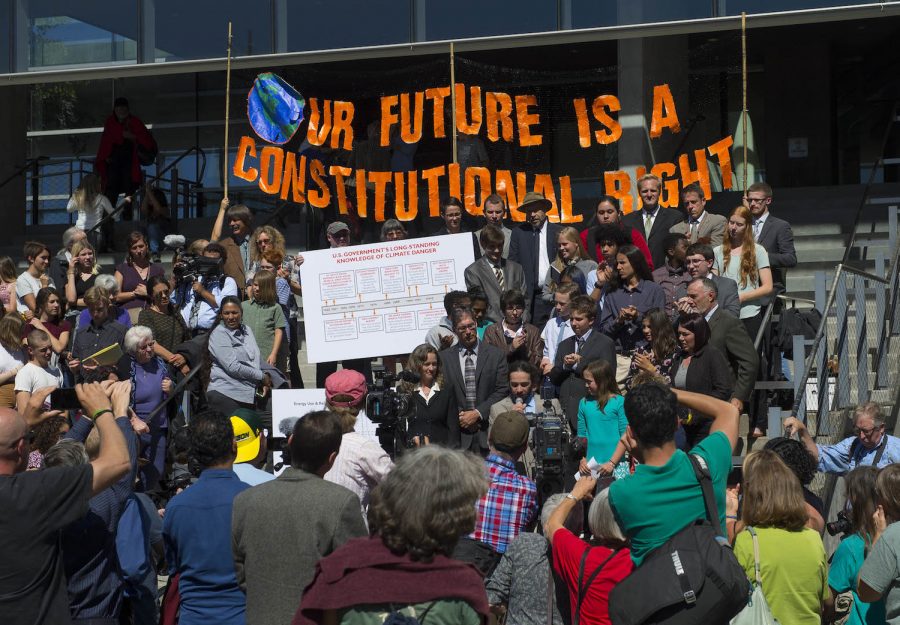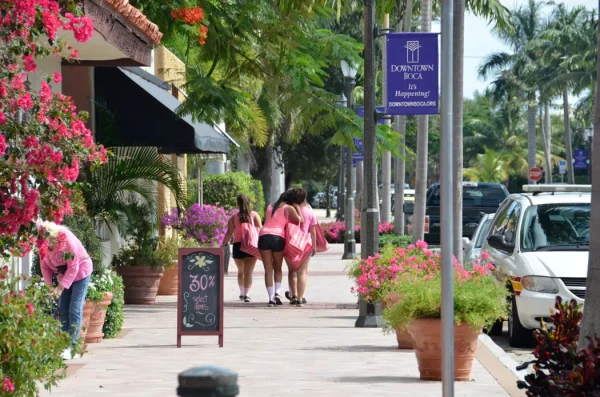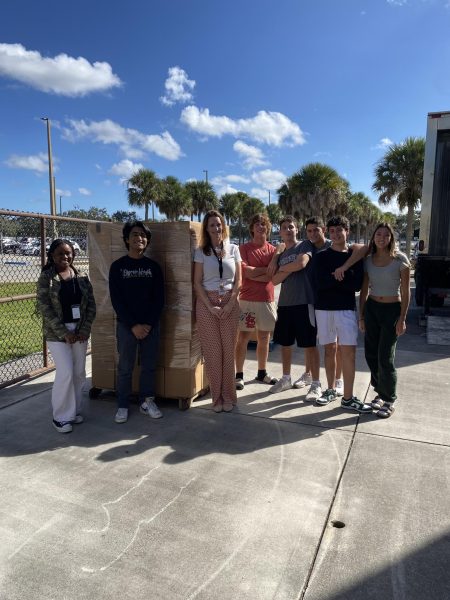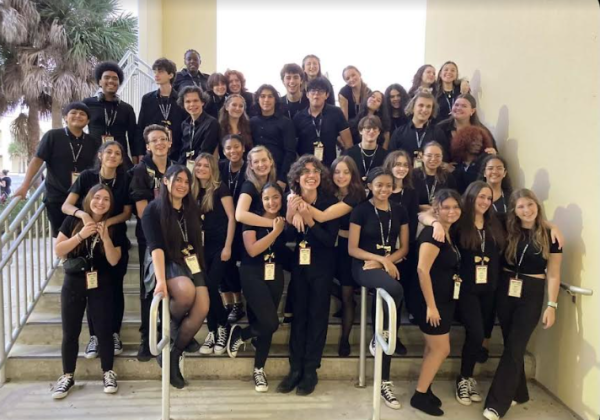NEWS ANALYSIS: Youths Suing U.S. Government over Climate Change Fighting Uphill Battle
Plaintiffs from Our Children’s Trust address the media on the merits of their suit against the U.S. government alleging negligence regarding the dangers of climate change.
With an increasing number of natural disasters in recent years, such as the record-breaking hurricanes of 2017 and the many raging wildfires in California throughout 2018, the concerning subject of climate change has risen to the forefront. Yet, there are still many people who deny the effects or even the existence of climate change.
In light of the UN report that the world has twelve years to prevent global warming from reaching the point of no return and ensuing catastrophes, one would think that governments would be inspired to take action now more than ever. Unfortunately, while the U.S. government remains locked in denial and stalemate, some children have determined that it is time to take matters into their own hands.
A current legal battle called Juliana v. United States could go down in history as a landmark court case. The case involves 21 youth plaintiffs between the ages of 11 and 22 who are suing the federal government for endangering them and future generations by not taking action against climate change. Our Children’s Trust, a nonprofit organization, began the lawsuit in Oregon in 2015. Their argument rests on the public trust doctrine as well as the idea that a safe climate suitable for human life is a civil right. Public trust is a legal principle that the government is the trustee of natural resources such as land and water and must properly administer these for the people.
With the Trump administration reversing many of the limited but hard-earned progress that the Obama administration had made toward environmental protection and reducing fossil fuel usage, it can surely be said that the government is not currently honoring this doctrine. Trump has pulled the country out of the international Paris Climate Agreement, opened up public lands for fossil fuel exploration, and increased offshore drilling.
The plaintiffs are attempting to focus on the legal aspects of the case rather than climate science which many in government would dispute. They hope that by using the court system, the government can finally be forced to reduce human-caused climate change. However, the U.S. government has argued that the case is unlawful because there is no constitutional right guaranteeing protection for the environment against climate change. Acting Assistant Attorney General Jeffrey Wood, who is one attorney representing the defendant (the U.S. government) asserts, “In our view, the Oregon lawsuit is an unconstitutional attempt to use a single court to control the entire nation’s energy and climate policy.”
Nevertheless, Our Children’s Trust remains adamant that the case is indeed about legal rights. “This is not an environmental case, it’s a civil rights case,” they wrote in a press release. Philip Gregory, an attorney for the plaintiffs, has compared the case to Brown v. Board of Education by claiming, “The finding in Brown was that children were being harmed due to ‘separate but unequal’ rulings. When a policy is causing harm to children as the result of aggregate acts of the government, that policy is unconstitutional. That is exactly our case. The government has not introduced any evidence that the plaintiffs are not being harmed by climate change.”
The kids are certainly fighting an uphill battle against the court system. The case has been stalled repeatedly by the federal government, which does not want the case to go to trial. The lawsuit was able to proceed thanks to the District Court of Oregon’s 2016 ruling that access to a clean environment is a fundamental right; it was finally scheduled for trial in federal court on October 29, 2018. However, the trial was put on hold when Supreme Court Chief Justice John Roberts issued a temporary stay following a petition from the U.S. Justice Department. The Supreme Court then lifted the block, only for a new temporary stay to be issued on November 8 in response to another Justice Department petition.
The youth activists must also face an increasingly right-leaning Supreme Court. The Court’s conservative majority was recently cemented with the appointment of Justice Brett Kavanaugh. Should the case ever make it to the Supreme Court, the conservative justices will be far less likely to vote in favor of the young plaintiffs.
While the case still faces a long, arduous, and uncertain journey, it has also already come a long way and garnered national attention. It also shows that when science, reasoning, and all else fails, legal threats are one thing that may force politicians to take action. Vox’s Umair Irfan states, “For climate change activists, the courtroom is one of the few remaining options for enacting policies to limit greenhouse gases.”
The children are not alone in using the court system and legal actions to fight climate change; numerous cities, counties, and states are all challenging the fossil fuel industry. New York and Massachusetts have launched fraud investigations into oil corporation ExxonMobil. Cities and counties in California, New York, Colorado, and Washington are suing major fossil fuel companies, seeking compensation for climate change damages. Many of these are coastal areas that could face real disastrous consequences because of rising sea levels resulting from global warming. The lawsuits claim that while oil and gas companies knew for decades that burning fossil fuels contributes to global warming, they chose to mislead the public rather than attempt to reduce harm or disclose their full knowledge.
The American government’s apathy towards this crucial subject thus far is certainly discouraging; however, it is promising that they are also facing persistent and innovative resistance from those who demand action against climate change. It is unfortunate that it has come down to children and lawsuits to protect the fate of our world, but at least we can hope that our future will soon lie in better hands.
Plaintiffs from Our Children’s Trust address the media on the merits of their suit against the U.S. government alleging negligence regarding the dangers of climate change.














